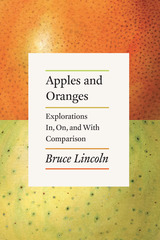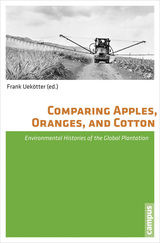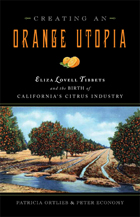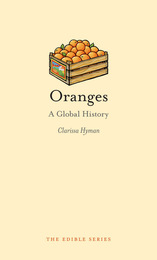
Lincoln presents critiques of recent attempts at grand comparison, and enlists numerous theoretical examples of how a more modest, cautious, and discriminating form of comparison might work and what it can accomplish. He does this through studies of shamans, werewolves, human sacrifices, apocalyptic prophecies, sacred kings, and surveys of materials as diverse and wide-ranging as Beowulf, Herodotus’s account of the Scythians, the Native American Ghost Dance, and the Spanish Civil War.
Ultimately, Lincoln argues that concentrating one's focus on a relatively small number of items that the researcher can compare closely, offering equal attention to relations of similarity and difference, not only grants dignity to all parties considered, it yields more reliable and more interesting—if less grandiose—results. Giving equal attention to the social, historical, and political contexts and subtexts of religious and literary texts also allows scholars not just to assess their content, but also to understand the forces, problems, and circumstances that motivated and shaped them.


California’s citrus industry owes a huge debt to the introduction of the navel orange tree—in fact, to two trees in particular, the parent trees of the vast groves of navel oranges that exist in California today. Those trees were planted by a woman named Eliza Lovell Tibbets.
Born in Cincinnati in1823, Eliza’s Swedenborgian faith informed her ideals. Surrounded by artists and free thinkers, her personal journey took her first to New York City, then south to create a better environment for newly freed slaves in racially divided Virginia, and onward to Washington, DC, where she campaigned for women’s rights. But it was in California where she left her true mark, launching an agricultural boom that changed the course of California’s history.
Eliza’s story of faith and idealism will appeal to anyone who is curious about US history, women’s rights, abolitionism, Spiritualism, and California’s early pioneer days. Follow Eliza through loves and fortunes lost and found until she finally finds her paradise in a little town called Riverside.


READERS
Browse our collection.
PUBLISHERS
See BiblioVault's publisher services.
STUDENT SERVICES
Files for college accessibility offices.
UChicago Accessibility Resources
home | accessibility | search | about | contact us
BiblioVault ® 2001 - 2024
The University of Chicago Press









